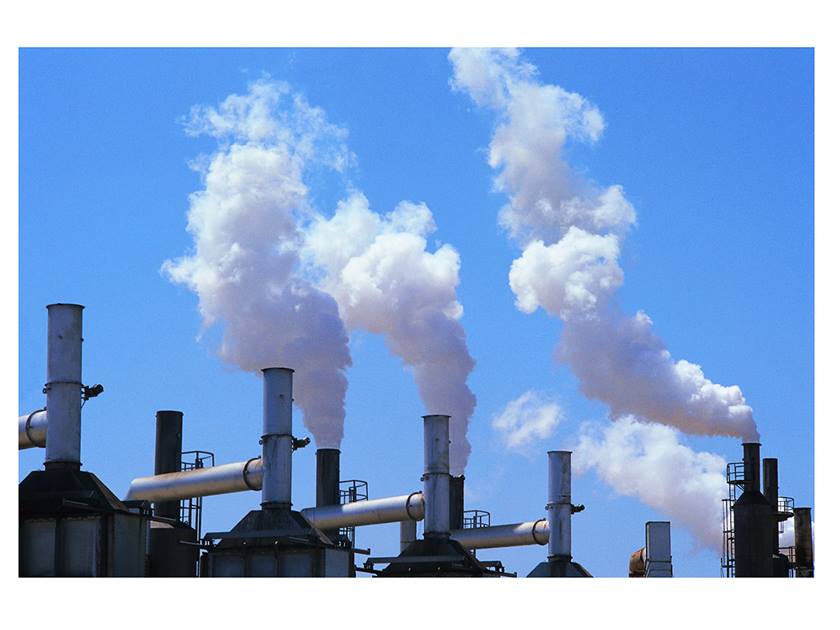New York, September 14 (QNA) - A UN climate science report titled "Uniting in Science", coordinated by the World Meteorological Organization (WMO), studied several factors related to the climate crisis - from CO2 emissions, global temperature rises, and climate predictions; to "tipping points", urban climate change, extreme weather impacts, and early warning systems.
One of the key conclusions of the report is that far more ambitious action is needed, if we are to avoid the physical and socioeconomic impacts of climate change having an increasingly devastating effect on the planet.
Greenhouse gas concentrations continue to rise to record highs, and fossil fuel emission rates are now above pre-pandemic levels, after a temporary drop due to lockdowns, pointing to a huge gap between aspiration and reality.
Cities, hosting billions of people, are responsible for up to 70% of human-caused emissions: they will face increasing socio-economic impacts, the brunt of which will be faced by the most vulnerable populations.
In order to achieve the goal of the Paris Agreement, namely keeping global temperature rises to 1.5 degrees Celsius above pre-industrial levels, greenhouse gas emission reduction pledges need to be seven times higher, says the report.
If the world reaches a climate "tipping point", we will be faced with irreversible changes to the climate system. The report says that this cannot be ruled out: the past seven years were the warmest on record, and there is almost a 50-50 chance that, in the next five years, the annual mean temperature will temporarily be 1.5 C higher than the 1850-1900 average.
The reports authors point to the recent, devastating floods in Pakistan, which have seen up to a third of the country underwater, as an example of the extreme weather events in different parts of the world this year.
Other examples include prolonged and severe droughts in China, the Horn of Africa and the United States, wildfires, and major storms.
"Climate science is increasingly able to show that many of the extreme weather events that we are experiencing have become more likely and more intense due to human-induced climate change," said WMO Secretary-General Petteri Taalas.
"We have seen this repeatedly this year, with tragic effect. It is more important than ever that we scale up action on early warning systems to build resilience to current and future climate risks in vulnerable communities".
The harmful impacts of climate change are taking us into uncharted territories of destruction. The latest science showed "we are still way off track", UN Secretary-General, Antonio Guterres said. Adding that it remains shameful that resilience-building to climate shocks was still so neglected.
(QNA)


